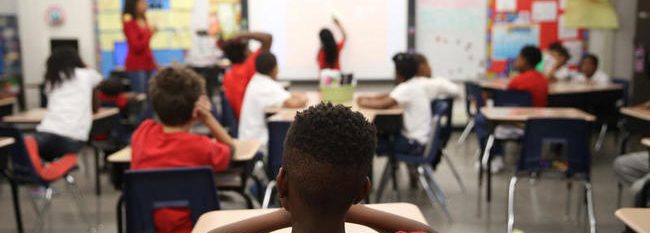
http://www.goodeyedeers.com/blog/?p=17
When it comes to the principles of educating and organizing, communication is a valuable facet for both; however, the ways in which educators use communication to achieve their goal of informing others differs from the communication approaches of community organizers who are guided by a common interest within the organization. One goal of communication that is consistent for both educators and organizers is the ability to empower people.
Education requires active communication between the educator and those being educated in order to form structure and provide enlightenment. The structure education creates is there to guide human behavior, not create it. It is vital that educators understand this concept and articulate it to those they are educating. According to American educator, Myles Horton, an educator has the ability to give people information but allows them to decide what to do with that newfound knowledge. The way an educator presents new information is important because it can influence the other person’s perception. The beauty of education is the power to plant seeds in the form of facts and see how people take the information and apply it to their life. The educator should never become the expert and come across as having all the answers that they are then trying to push onto the person they are communicating with. Similarly, Paulo Freire views teachers as the guide for the students; he claims teachers do everything from providing students with proven facts to providing an awareness that these facts serve as a foundation for personal growth: “What the educator does in teaching is to make it possible for the students to become themselves” (Horton and Freire 1990, 181).
Although educators have the authority to affect and shape the behavior of those they are educating, they have the control to not push their beliefs onto others. The goal of an educator is to communicate just enough factual information for people to develop and feel enlightened about their own conclusions, whether or not they are the same conclusions that the educator holds.
In contrast to educators, community organizers utilize communication for different reasons: to bring together a group of people who want to achieve a shared goal, and to maintain a stable and effective group dynamic for those who are already a part of the organization. The interaction organizer have with the community should rely on the basis of developing a true awareness of what a community’s common interest is. This primitive communication between the community and organizer would eliminate any speculations or misconceptions of the community’s common goal and therefore better equip the organizer with information that would help them better service the community and its goal.
Communication plays a crucial role in education and community organization. A person or persons can not expect to successfully lead others if there is no communication that involves discussing common goals, questions, and concerns. Communication opens the doors for members of an organization to feel valued and empowered by being able to express their ideas and feel like their voices are being heard. When interacting with people outside of an organization, communication is vital for explaining important information about the organization; what is stands for and who or what it will directly impact. For an educator, without effective communication there would be a shortage of exchanging new ideas in a what that would give people the opportunity to reflect and grow.
